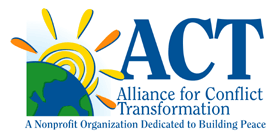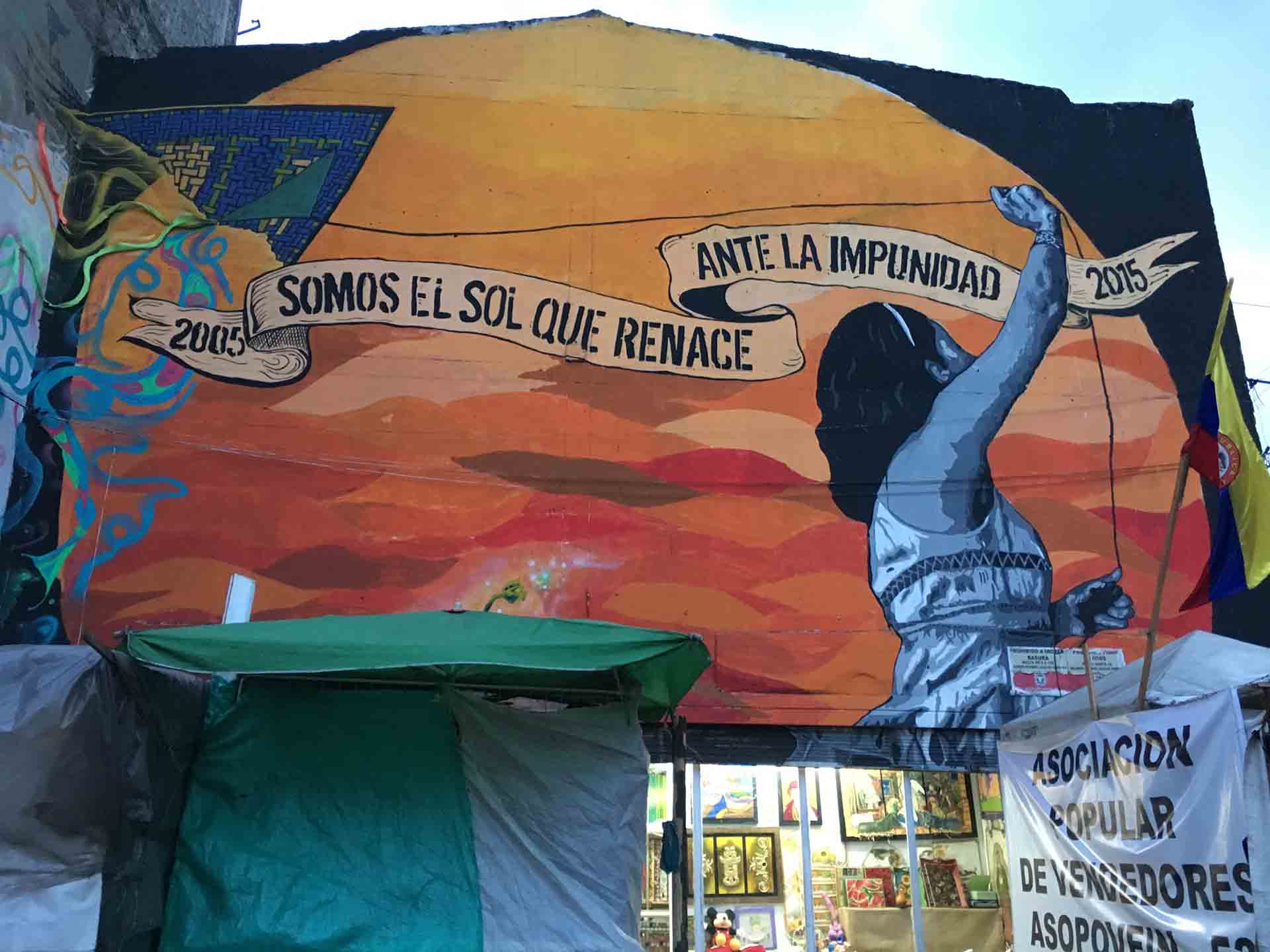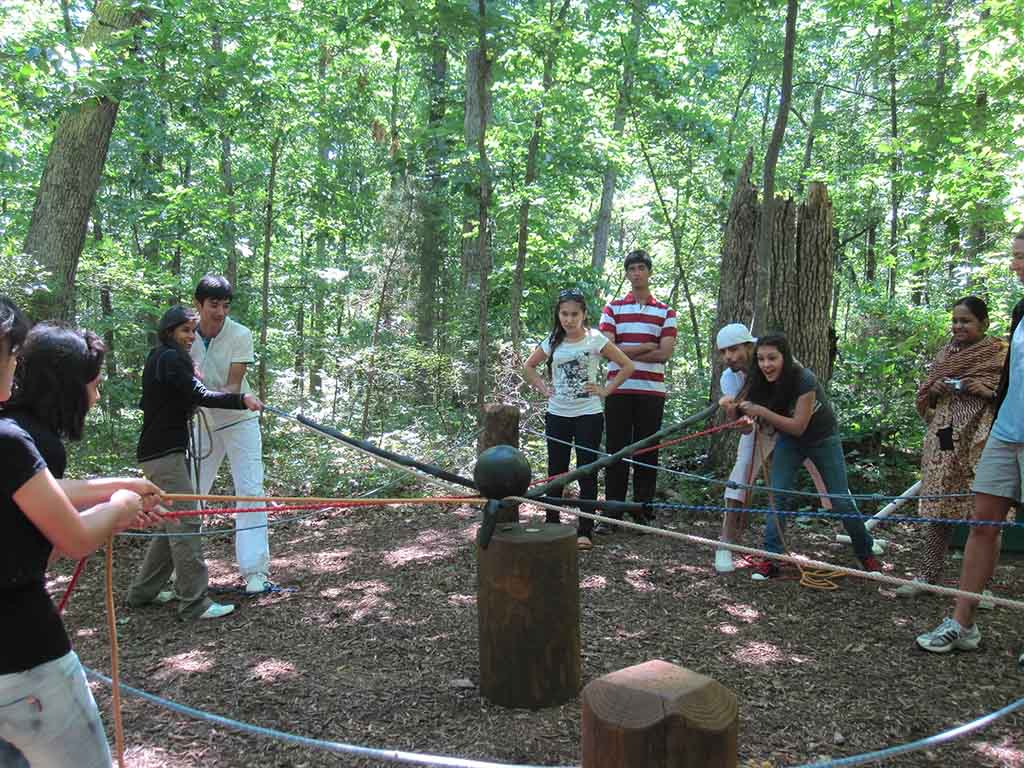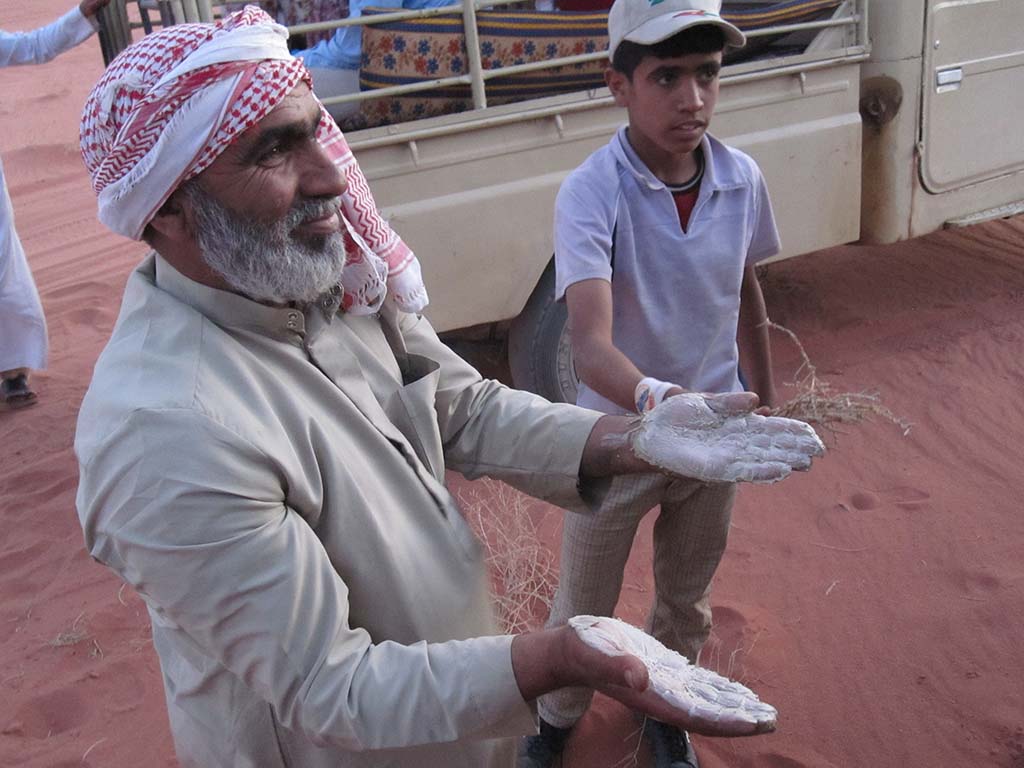Analysis, Research & Evaluation
The United States Institute of Peace (USIP) contracted ACT to conduct a comparative evaluation of its grant-funded projects that used dialogue as a core strategy. The study focused on advancing understandings of dialogue ‘transfer’ processes and effects - or how dialogue effects on participants is spread or transmitted beyond that group to influence other groups, practices or policies, and make broader changes in society. The study also examined changes in USIP grant-supported dialogue projects over time and assessed the relative success of different dialogue approaches. The goal was to provide an evidence base to help strengthen the design, implementation and evaluation of USIP grant-supported dialogue projects and link lessons learned to strategic programmatic decision-making that improves the impact of peacebuilding initiatives.
This comparative evaluation included a desk review of 105 USIP grant-supported, dialogue-based projects implemented during the period 1992-2015, and field research in Colombia, Israel, and Pakistan on a subset of 23 projects.
The final report continues to inform USIP grant making and program design. Publications include:
USIP contracted ACT to conduct research on the match between graduate academic programs in international peace and conflict, and the needs of organizations and agencies that hire individuals for conflict focused work in the field. The research included a survey with former graduate students and with international peace and conflict organizations and agencies.
For the study, ACT interviewed 25 faculty, program administrators, and career development staff from thirteen academic programs at nine postgraduate institutions in the United States that focus on international conflict–related fields—humanitarian work, international relations and affairs, public policy, conflict resolution and analysis, foreign service, government, public health, and military officer training. In addition, 61 students and alumni from the graduate programs surveyed completed an online survey and, of those, 14 were interviewed for the research. Finally, 21 professionals from 20 organizations that conduct work related to international conflict were also interviewed.
The main finding was that graduate-level academic institutions were not adequately preparing students for careers in international peace and conflict management. Curricula needed to incorporate more applied skills, cross-sectoral coursework, and field-experience opportunities. USIP used the results of the research to shape its education and training program in order to help meet the gap discovered in the research.
See the publication, Graduate Education and Professional Practice in International Peace and Conflict, USIP Special Report 246, by Nike Carstarphen, Craig Zelizer, Robert Harris, and David J. Smith. August 2010.
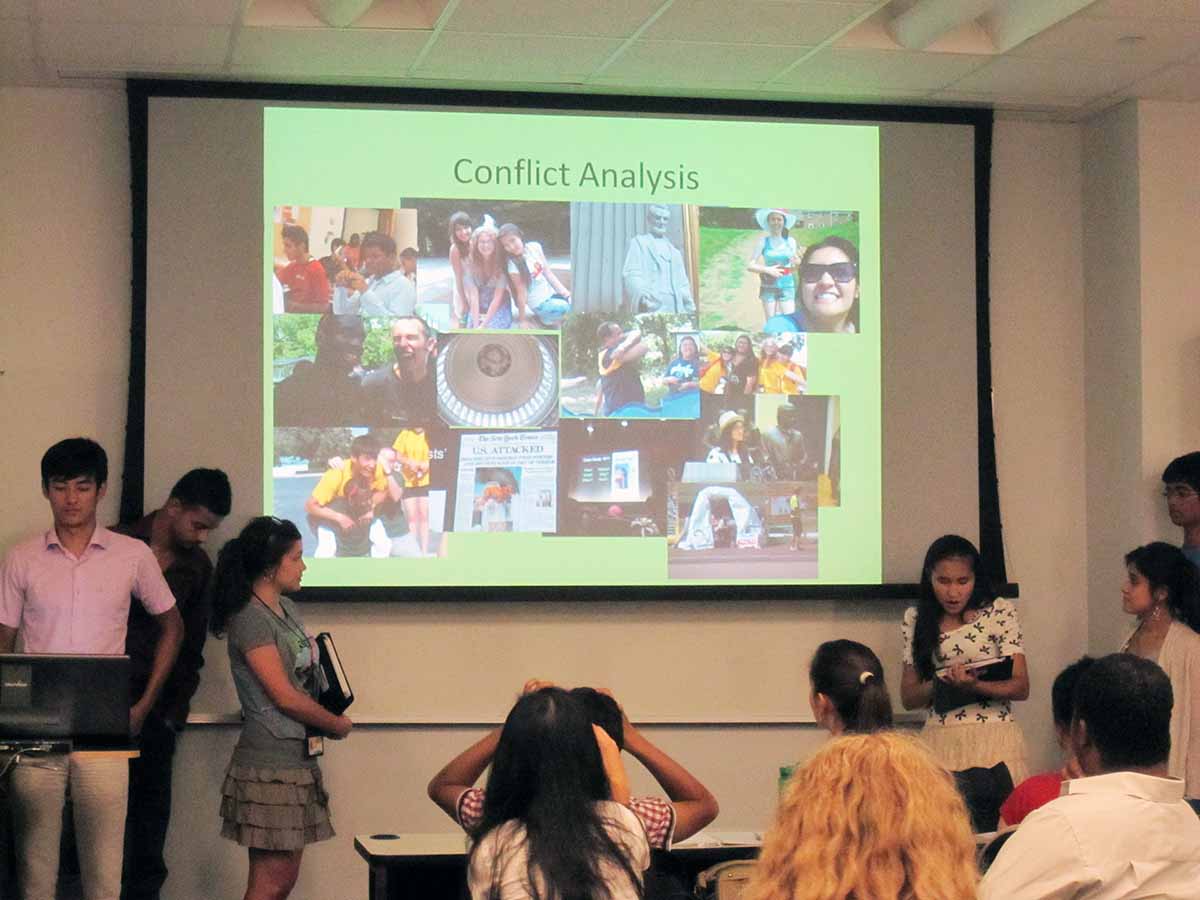
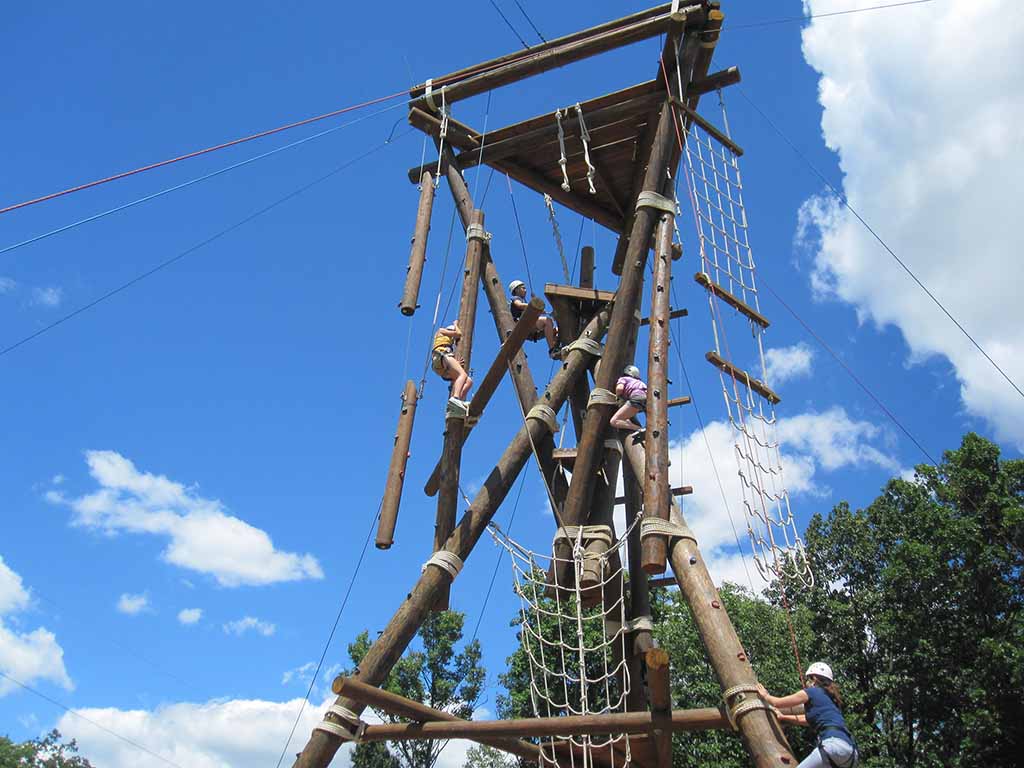
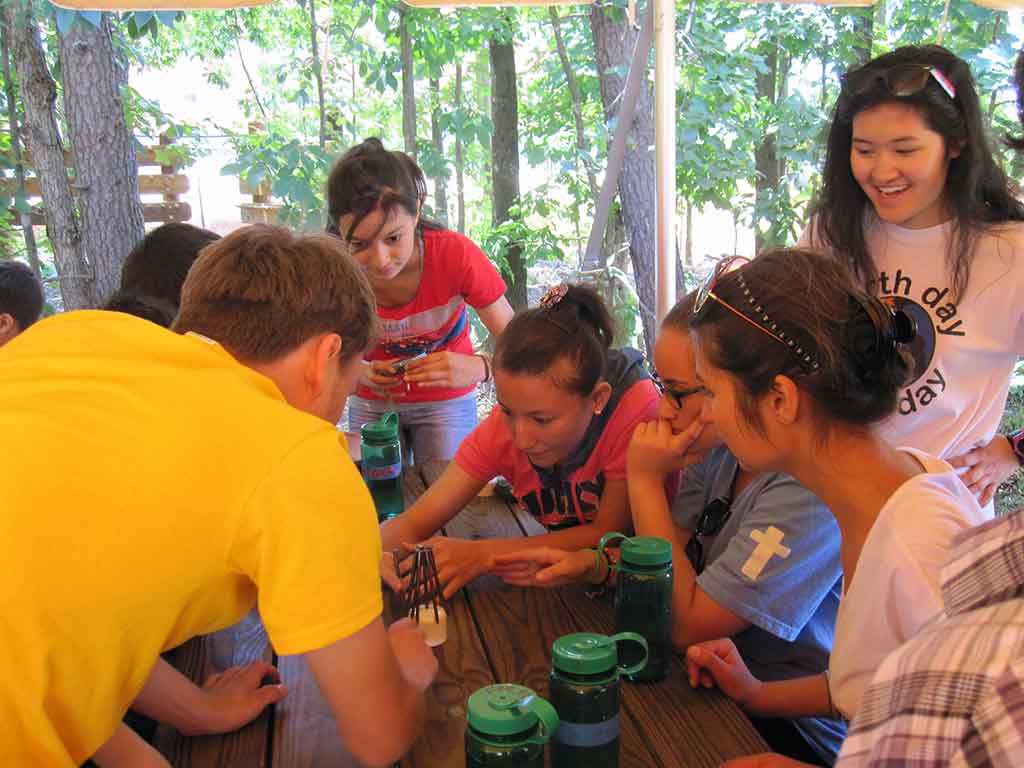
Training & Education
ACT designed a three-to-four-week experiential, residential institute for graduate students and young professionals to apply conflict analysis and peacebuilding theory to practice. ACT partnered with Nur University in Bolivia (2005-2007) and the Center for Research on Intergroup Relations and Conflict Resolution at the University of Indonesia University (2006) to deliver each IPCR program. One-hundred students from the U.S., Bolivia, Indonesia and around the world participated in IPCR. Participant teams conducted local field research and developed recommendations for addressing specific conflict and peacebuilding issues. Several of the recommendations were subsequently implemented by locally-based participants and community-based organizations.
“In addition to gaining a basic understanding of conflict analysis and a set of practical skills applicable to a variety of fields, I truly benefited from having access to real-world practitioners and the exposure to an insider’s view of regional conflicts. IPCR is practical, hands-on, and highly recommended for anyone interested in pursuing a professional career in conflict resolution, peacebuilding, or related fields.” – former participant
ACT has provided several interrelated curricula development and training programs for Israeli and Palestinian educators, including: (1) Trained 50 K-12 educators/counselors from the Palestinian Authority and 75 Bethlehem University students in conflict resolution and mediation techniques. (2) Trained 50 educators/counselors from the Israeli Ministry of Education in advanced mediation training techniques and worked with the Israeli Ministry of Education to design and deliver a nation-wide intergroup conflict resolution and violence prevention training of trainers program. (3) Worked with faculty in the Department of Social Sciences, Bethlehem University to design conflict resolution curricula. The project included separate and joint training sessions, thereby, building relationships between Israeli and Palestinian educators and schools.
A follow-on project was the Israeli-Palestinian Youth Focused Peace Partners Program. In partnership with Fairfax County Public Schools (Fairfax, Virginia), ACT conducted exchange programs and facilitated dialogues for 32 Israeli, Palestinian and US educators over a two-year period. Sponsored by the US Dept of State.
ACT has designed and delivered several conflict resolution trainings in one-week workshops to month-long intensive summer programs for over 200 Abkhaz and Georgian war-affected youth, including high school students and young professionals in non-governmental organizations, media and national government. Sponsoring organizations have included The Carter Center, Catholic Relief Services, among others.
The most recent project was an online academic program for students from Georgia and Abkhazia (2011-2012). Paula Garb, Associate Director of Global Peace and Conflict Studies, University of California, Irvine serving as the lead faculty and project director and ACT administered the program and provided consultation and advising.
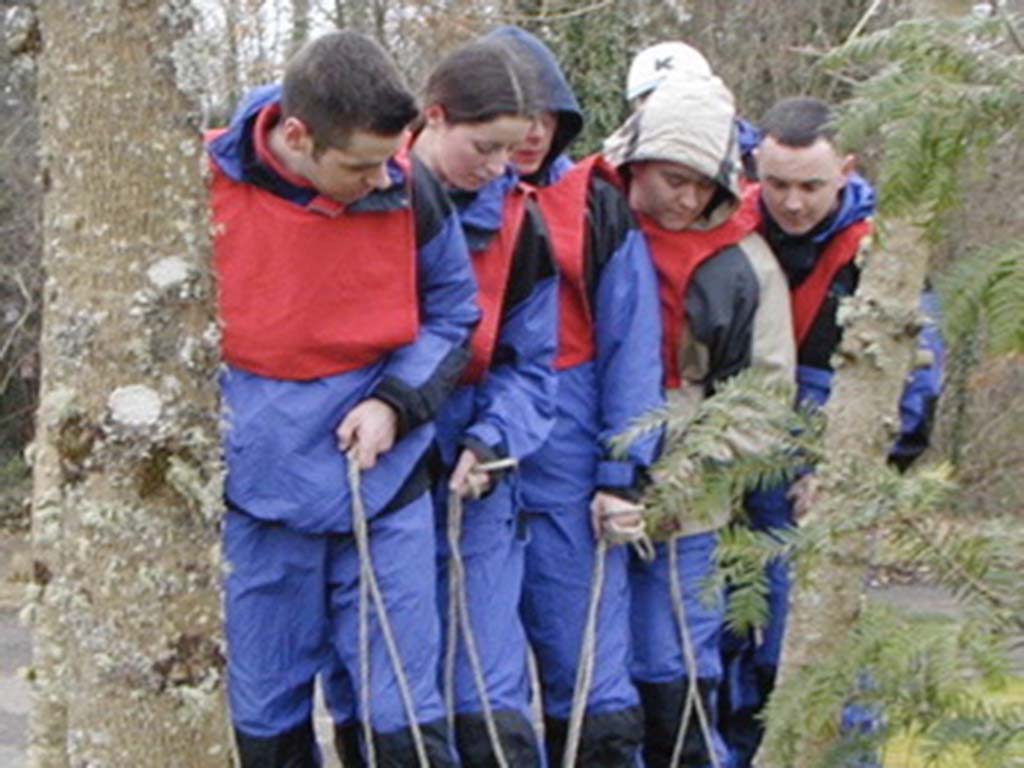
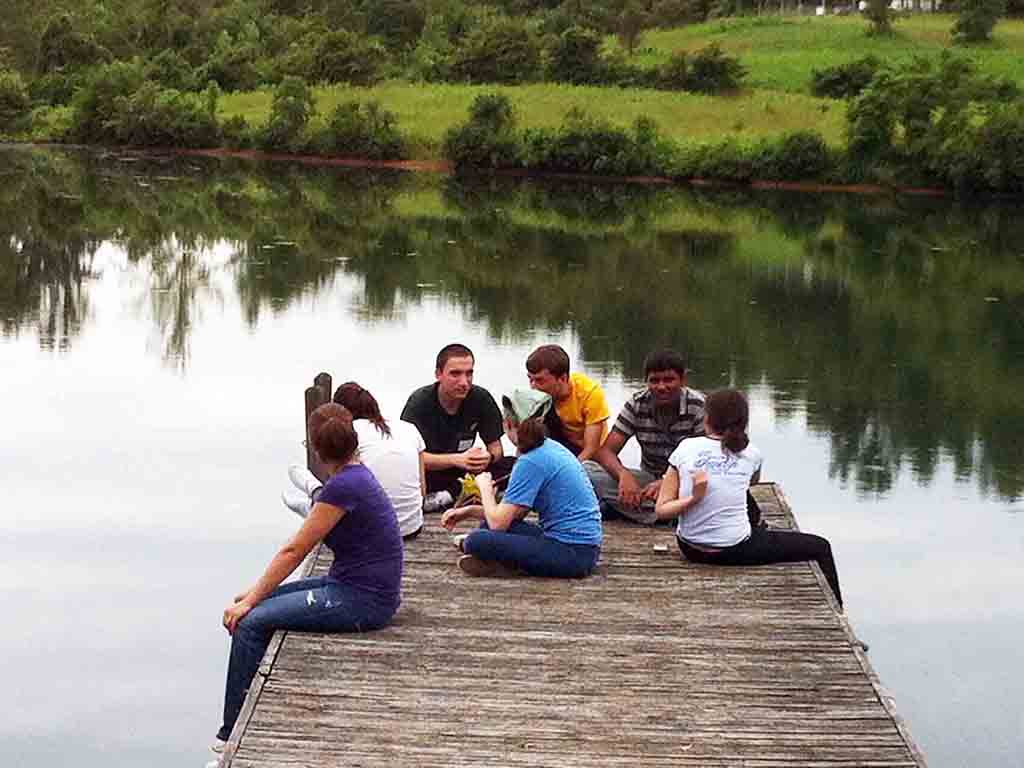
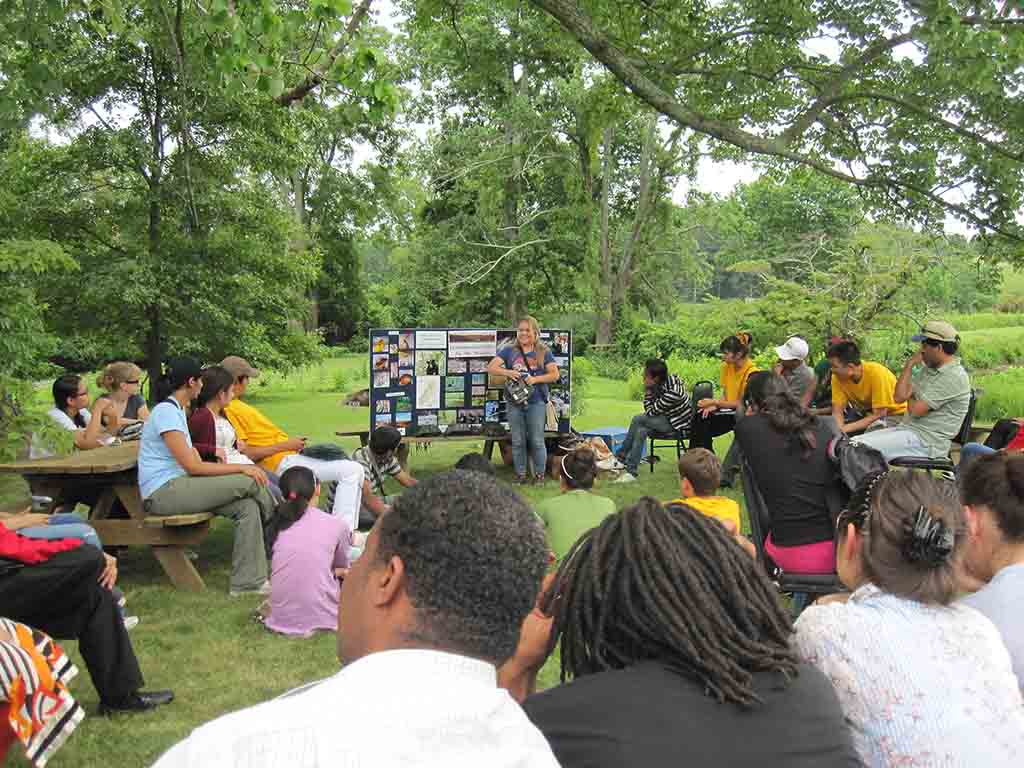
Conflict Resolution & Peacebuilding
In December 2008, George Mason University hosted a group of Georgian and South Ossetian peacebuilders at Point of View, the university conflict resolution retreat house in Mason Neck, Virginia. The meeting, led by Dr. Susan Allen (ACT co-founder), sparked a series of discussions that have enriched participants' understandings of the possibilities for confidence building in the aftermath of the August 2008 war. Since then, Dr. Allen has facilitated over 15 dialogues between Georgian and South Ossetian civil society leaders. ACT has partnered with Dr. Allen and George Mason University on many of the dialogues over the past 12 years. Funding for the project, when led by ACT, has come from a variety of sources, including US Department of State, United Nations Development, UK Foreign and Commonwealth Office, and the European Union Monitoring Mission (EUMM) in Georgia. The most recent grant was for meetings to prepare new confidence-building projects. Over the years, the dialogue process has resulted in numerous joint projects in culture, education, research, and infrastructure and have improved the lives of Georgians and South Ossetians, especially near the de-facto border, and has provided the only process and opportunity for Georgians and South Ossetians to meet.
In 2016, Dr. Allen and several dialogue participants co-edited a volume of articles that presents diverse views of Georgian, South Ossetian, and international experts on the costs of conflict in order to educate people on both sides as to the international, institutional, economic, and human costs of the conflict. See Cost of Conflict: Core Dimensions of the Georgian-South Ossetian Context and Cost of Conflict: Human Stories.
For more information, visit these websites on the Georgian-South Ossetia work:
In partnership with the School for Conflict Analysis and Resolution, ACT developed and facilitated the curriculum for BFSIA held in the summer of 2010, 2011 and 2012 at George Mason University in Fairfax, VA. Each four-week Institute brought together 40-45 teenagers aged 16-18 from Afghanistan, India, Pakistan, Tajikistan, Turkmenistan, Uzbekistan and the United States. The BFSIA was an innovative and interactive program designed to help (1) the student develop global perspectives and a sense of civic responsibility; (2) develop relationships among youth from different ethnic, religious, and national groups; (3) promote mutual understanding between the people of the United States and other countries; and (4) develop a cadre of young leaders who will share their knowledge and skills with their peers through positive action.
See a great video on YouTube produced by one team of students in 2012!
Students returned home and implemented projects they had developed at BFSIA, such as a Sustainable Future Day Camp in collaboration with the U.S. Embassy in Islamabad, peace education workshops for peers, a three-day youth leadership institute for 30 Pakistani youth, organizing a neighborhood recycling program, starting a peer mediation program at school, fundraising for worthy causes, writing articles and getting published in local newspapers, and other projects that promote peace and development.
American statesman and diplomat, Benjamin Franklin, was the inspiration for this program. He was a man that prized religious tolerance over intolerance and social mobility over class privilege, and was a firm believer in free speech. The BFSI sought to advance the goals established and followed by Mr. Franklin in his lifetime.
BFSI was a program sponsored by the Youth Programs Division, Bureau of Educational and Cultural Affairs, U.S. Department of State and the Public Affairs Sections of the U.S. Embassies. Administered by the School for Conflict Analysis & Resolution (S-CAR) at George Mason University (Mason), a widely recognized pioneer and leader within the field of conflict resolution, and the Alliance for Conflict Transformation (ACT), a non-profit organization with significant experience with international youth exchange programs.
The Irish Peace Process Cultural and Training Program was a groundbreaking initiative introduced by representative James T. Walsh (R-NY) and signed into law in October 1998. The Program was a partnership between the U.S., Republic of Ireland and the U.K. Also known as the Walsh Visa Program (WVP), the goal of the Program was to foster cross-cultural understanding and provide training opportunities for young unemployed workers from economically disadvantaged areas of Northern Ireland and the six designated border counties of the Republic of Ireland. The concept was based on the premise that unemployed young people from all sides of the sectarian divide could benefit from the experience of peaceful coexistence through living and working in a multicultural society. With this experience, the participants could return home better able to contribute to their economy and the overall Peace Process. Between 2000 and 2008, 1,309 young people aged 21 – 35, both Catholics and Protestants, from Northern Ireland and the designated border counties of Republic of Ireland arrived in cohorts of 30 people to live in one of five cities in the U.S. for a two-year period. Local partner organizations in these cities identified local employers to interview and hire the participants before they arrived in the U.S.
In the early years of the program, ACT, in partnership with George Mason University, developed and delivered a Personal and Professional Development pre-departure training, which included conflict resolution and cultural differences in interpersonal relations and the U.S. workplace to prepare participants for a successful transition to living and working in the U.S. ACT also provided follow-up training during participants’ soft-landing orientation and curriculum and training-of trainers for local partner organizations in the five cities to conduct ongoing training and enrichment activities.
Once the last cohort arrived in 2006, ACT’s role shifted to monitoring and evaluation. Several evaluations by and independent external evaluators showed high satisfaction rates with the program, increased job skills, increased personal growth and development, and that the majority of participants were employed six months after returning home. In addition, many of the participants developed close friendships with a diversity of Americans and across their sectarian divide, giving hope to the ongoing peace process back home.
- I am delighted I applied for the WVP. I do not have any regrets whatsoever.
I love everything I am doing and have achieved so far in my life—it has been a life-changing experience for the better. – Boston participant - My life has had a major turnaround in the past year due to coming to the USA, for better. – Pittsburgh participants
- I benefited due to the many things I encountered in my time in the USA. It was a great living and working experience. Sometimes I found it hard due to being away from my home in Ireland. But it was worth it and I look back on it with a fond memory. – Syracuse participant
- The WVP was an amazing opportunity, well-structured and planned. I had the worst of times, I had the best of times. All in all I feel lucky to have been a part of it. – Boston participant
For the history, challenges and achievements of the WVP, see The Irish Peace Process Cultural & Training Program: A U.S. Contribution to the Irish Peace Process, 1998-2008
This project (2000-2002) was sponsored by To Bridge and To Build, a local organization in Virginia, US., and was a two-year community-based dialogue and leadership training program designed to empower community residents, improve relationships in a multicultural community divided by ethnicity and socioeconomic status, and empower the community to positively impact the Arlington County Urban Planning process in the Columbia Pike neighborhood of Arlington, Virginia, USA. ACT designed the process and provided two inter-related services, including the facilitation of monthly community dialogues and a leadership training program. Dialogue participants ranged from 30 to 300 per meeting.
By the end of the program, the participants had developed a common vision for the neighborhood and increased their capacity to lobby, organize and address local needs. The community participants successfully lobbied the Arlington District Council to approve an additional $1 million for affordable housing. In addition, the community developed a proposal for a new and expanded community center, which was presented to the County Manager in 2003. After several years of development by a broad coalition of country residents, organizations and developers, the result was a new mixed-use, public-private project that includes an expanded community center, as well as retail businesses, and apartments, including affordable rents. The new state-of-the-art, LEED certified Arlington Mill Community Center is three times the size of the old center and is a hub of the community, providing educational, recreational and social activities for all ages.
In the summer of 2002, ACT worked with students and faculty at the School for Conflict Analysis and Resolution at George Mason University and staff at Barrios Unidos in Northern Virginia to mediate between two rival youth gangs. The initiative included a weekend stay at Hemlock Overlook Regional Park, a local camp and retreat center.
The first evening was filled with introductory and ceremonial activities, followed by a cookout and campfire. The second day included a ropes course in the morning. It was amazing to see “enemies” working together and supporting each through complex tasks, including high-wire team and solo activities. In the afternoon, we facilitated a dialogue between the two groups to explore the history and root causes of their conflict, dispel misunderstandings, identify common ground, and explore options for peace. After only 4 hours, the two groups came to a peace agreement to end their “beef,” after they smoked a “peace pipe” and celebrated around the campfire into the wee hours of the morning. The final day focused on follow-up plans for socializing their respective groups to accept the new peace agreement as well as how to announce the new agreement throughout their neighborhood.
The weekend retreat ended a 10-year, often violent, conflict between the two groups and brought peace to their neighborhood.
